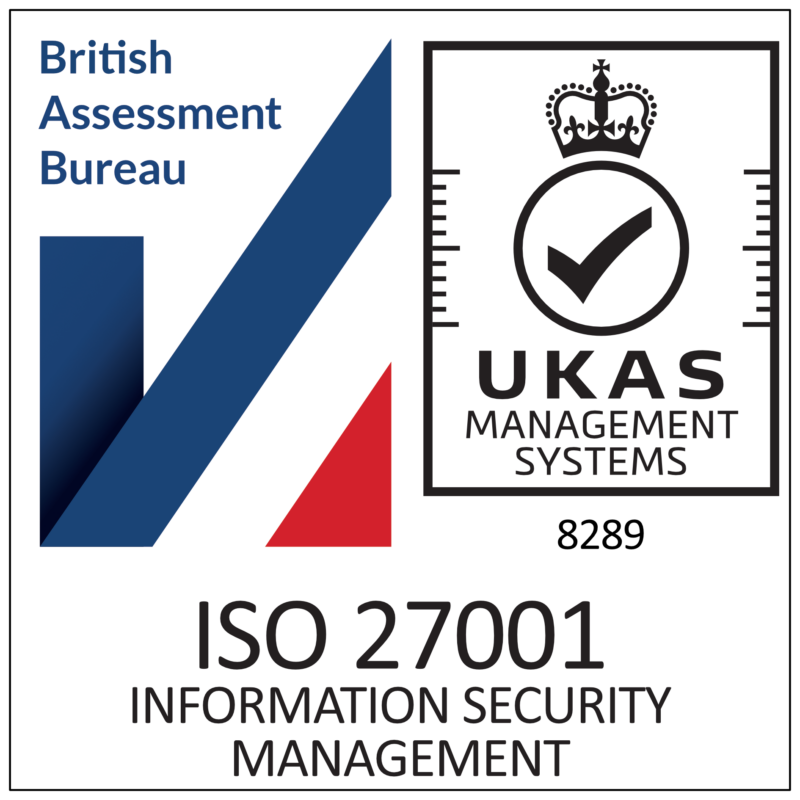Trust – The Key to Successful Leadership
Colleagues in schools are having to deal with more complex demands from pupils, parents, staff and other stakeholders, than ever before, as the pandemic ploughs on and its legacy threatens to impact on schools and colleges for many years. The demands placed on leadership teams might seem to be overwhelming at times.
Leaders need to strike a path through challenges such as this and to successfully do this, I believe that leadership teams have to come back to the core values of trust, openness, shared responsibility and shared ownership. Communicating these values with all your school community is key – be visible, be calm, and be reassuring. Amongst all the ‘noise’ – the irrelevance, the gossip and the drama – in the press and in social media, ensure that you and your leadership team are the ones providing hope and stability to all of those you serve.
Marc Benioff, founder and CEO of Salesforce believes that out of all these values, the one he attributes the success of his company to its operating principle of ‘values create value’ and that trust has to be a priority – trust in your colleagues and trust in the leadership and other teams that you are a part of.
Developing a culture of trust within your organisation is an important part of the role of the leadership team and should be encouraged and worked on across all levels of the school or college community – trust between managers and leaders trust between teachers and leaders, r between teachers and support staff, and trust between other stakeholders such as parents and Governors and the leadership team.
Research has identified the importance of trust at both interpersonal and institutional levels. In their seminal paper, ‘The Importance of Trust in Manager-Employee Relationships’, Krot and Lewicka looked at examples of high performing businesses and the way in which the whole community worked together – they concluded that :
‘To measure, understand, and explain trust in an organizational context, it is important to identify different dimensions of trust (competence, benevolence, and integrity), different types of trust (horizontal trust between co-workers, vertical trust between managers and employees, and vertical trust between employees and managers.’
Their paper determined that Integrity is the most important dimension of trust in relationships between co-workers and that benevolence is the most important dimension of trust in relationships between employees and managers.
How then do schools develop a culture of trust and benevolence within their community?
Dennis Jaffe believes that there are six qualities that are needed:
- Reliability and Dependability
- Transparency
- Competency
- Sincerity, Authenticity and Congruency
- Fairness.
- Openness and Vulnerability.
His paper ‘The Essential Importance Of Trust: How To Build It Or Restore It’ in Forbes magazine is well worth a read for colleagues in the educational sector who face unprecedented demands and challenges.
Ways that leaders might put these six challenges into action include:
- Be true to your word and fulfil the promises made by you and your team. Overpromise and overdeliver.
- Openly share your thoughts, feelings and considerations. Tell your colleagues what is going on, let everyone know where they stand and trust can flourish.
- Be a kind and benevolent leadership team – one which is capable of doing what they are supposed to do with grace and openness.
- Always lead by example. Always lead with humility.
- Do not be a leadership team who say one thing but who act differently – teams like this are hard to believe and as a result, they erode trust.
- Trust grows in organisations and relationships where everyone is important and everyone is valued. Develop processes and systems which celebrate the work of all your colleagues.
- Leaders must be prepared to say that they were wrong. A leader who never says this rarely gets the truth from others. A timely apology or an admission of being wrong is a powerful weapon to build or rebuild trust.
And finally, have some trust in your own instincts – most people live their life through positive values and inherently know what is the right thing to do and the right way to do things. The challenge to us all is to let these values continue to flourish when the pressures and demands of work seem to be relentless.
Steve Pegg
Partnership Director – Alps
Need more information?
If you would like any further information, please contact one of our expert advisers.





